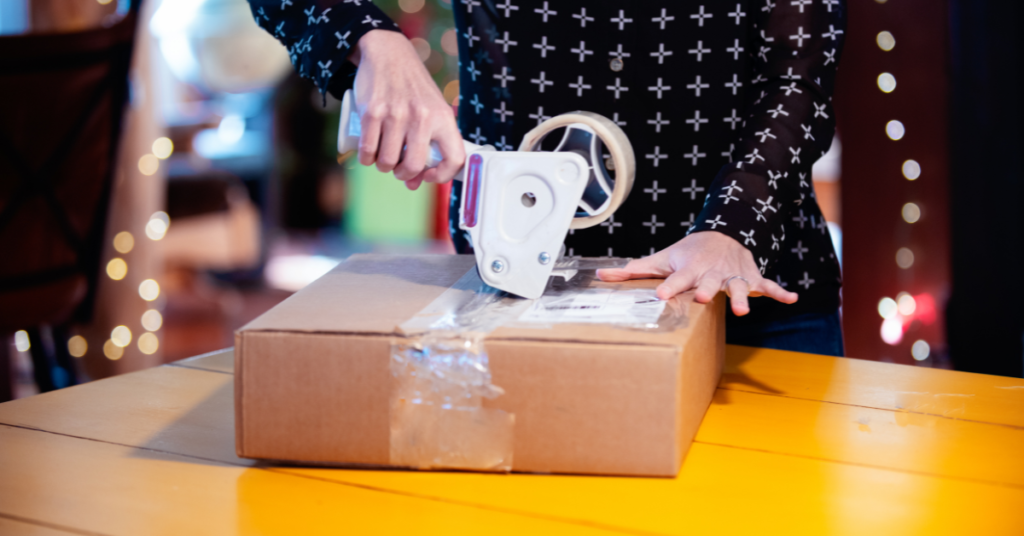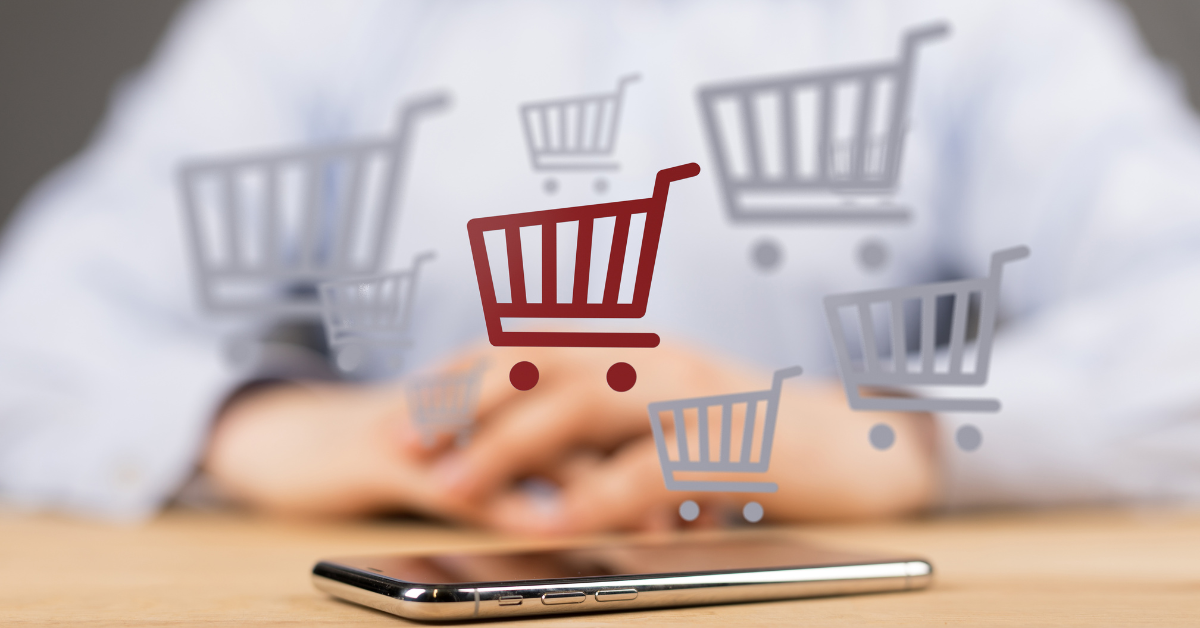Every year, Black Friday kicks off several commercially important moments for shops, eCommerce and parcel players. The coming weeks are the busiest and most crucial period for webshops and parcel players.
Thus, five “commercial high days” occur during five weeks: Black Friday, Singles Day, Saint Nicholas, Christmas and New Year. As also happens every year, this will undoubtedly lead to problems and hick-ups in parcel land.
This year, we received many questions at the University of Antwerp about the functioning of parcel logistics and the broader eCommerce ecosystem. The questions were mainly situated around pain points within the parcels market, possible fraud by consumers, problems with delivery quality and modalities and abuse of returns.
As few (academic) figures are available on this subject, we decided to conduct our own sampling. The sample was conducted during the past months of October and November by a team of PhD students from the Department of Transport and Regional Economics led by Prof Dr Roel Gevaers and Prof Dr Wouter Dewulf. We placed 75 orders at various national and international online shops in Belgium to collect objective data. The orders had a value between EUR 0.01 and EUR 1100.
We aimed to identify
- In what percentage of cases is proof still expected upon delivery?
- Can not placing a signature lead to a discussion if the consumer indicates that he/she has not received the parcel?
- How many per cent of cases will the webshop refund the order?
- Can a consumer easily abuse a free return by ordering unwanted items and returning these if there is free delivery above a minimum amount and thus receive free delivery for a cheap product?
- Can differences be identified between national and multinational online shops?
With these results, we mainly want to give recommendations to webshops, logistics players and the government in these economically challenging times. We notice that little data is available on these topics for the Belgian market. However, many parties involved have some economic and logistical questions on these topics. We hope that our sample results will help companies and the government improve commercial, financial and logistics processes and sustainability.
Conclusions
The first conclusion that immediately stands out is that our sample shows that more than 90% of home deliveries no longer require a signature from the recipient. This rule is still a consequence of Corona but opens the door to consumer fraud, as there is often no other proof of delivery in the systems. Photos etc. are often referred to, but we note that these are quasi never taken and placed in the track-and-trace system.
To simulate potential consumer fraud, we tested within the sample how easily eCommerce webshops proceed to resend or refund ordered goods if a consumer indicates never having received the parcel. We found that especially the larger and wealthier players move to repayment rather quickly, which can be pernicious for local and smaller players in the market in the long run.
A second conclusion from this sample is that in 41% of the cases, the webshop proceeded fairly quickly to refund the goods. Especially if the value of the goods was below EUR 35, this was done relatively quickly. In 12% of the cases, an in-depth investigation was opened, which is still ongoing. In 47% of the cases, a “declaration on word of honour” was asked to sign to proceed to a refund or a more in-depth investigation.
Another sample test investigated whether consumers could easily avoid the minimum order amount required by many online shops to obtain free delivery. The test involved placing an order at the web shops that was higher than the minimum order amount each time to keep a cheap product (E.g. socks for EUR 4) and return all other goods for free. To our surprise, the third conclusion was that this test succeeded in 100% of cases. This phenomenon implies a major financial risk for web shops, as delivery costs + return costs + checking goods cost easily between EUR 12 and EUR 15 per order.

Other notable observations
- It is possible to order products via dropshipping from China with a value of EUR 0.01 flown by air freight;
- A (limited) number of couriers imitated the recipient’s signature on a limited number of deliveries;
- There is often a discrepancy between what the track-and-trace systems indicate and where the parcel actually is, especially if parcel points or parcel lockers are used;
- Some “statements on word of honour” ask consumers to state that they have contacted all neighbours and checked the garden. One webshop even went as far as to ask to declare that you, the consumer, had contacted customs yourself.
Key learnings
- That parcel companies and webshops should start thinking again about clear protocols and agreements on when to sign off. And this because otherwise the door is opened to potential consumer fraud;
- That web shops should make a link in their IT system between the minimum delivery amount and the returned amount because it is very easy for consumers to avoid the minimum order amount;
- That parcel companies should continue to invest in quality track-and-trace systems. We identified several gaps that can also lead to consumer fraud and/or lost parcels.
- That – even after the additional levies on Chinese dropshippers introduced by the EU over the past 2 years – cheap products continue to be sold online at prices of which, by definition, they are sold below actual cost. E.g. a Chinese garment was delivered home for a total of EUR 0.01. This phenomenon creates unfair competition with European players.
- Consumer fraud is, by definition, theft. This fraud causes prices to rise for everyone in the long run, as this type of theft is already unconsciously factored into product prices. This study aims to expose this problem.
Additional Information
The results of this sample will serve as a starting basis for the PhD of Stijn Michielsen, who has just started at the University. His PhD will deal with the logistics of International Ecosystems.
We would like to emphasize that all “free” packages obtained have already been returned or are being returned at the expense of the research budget.


